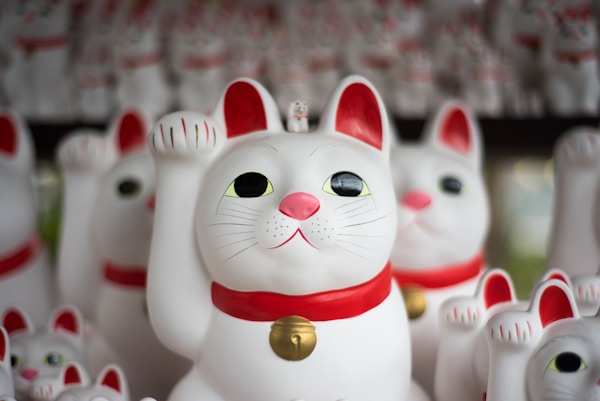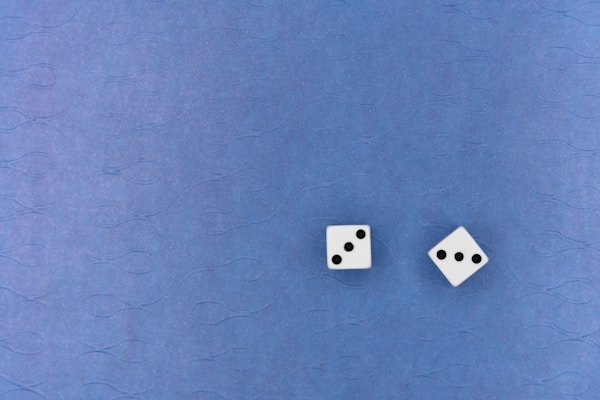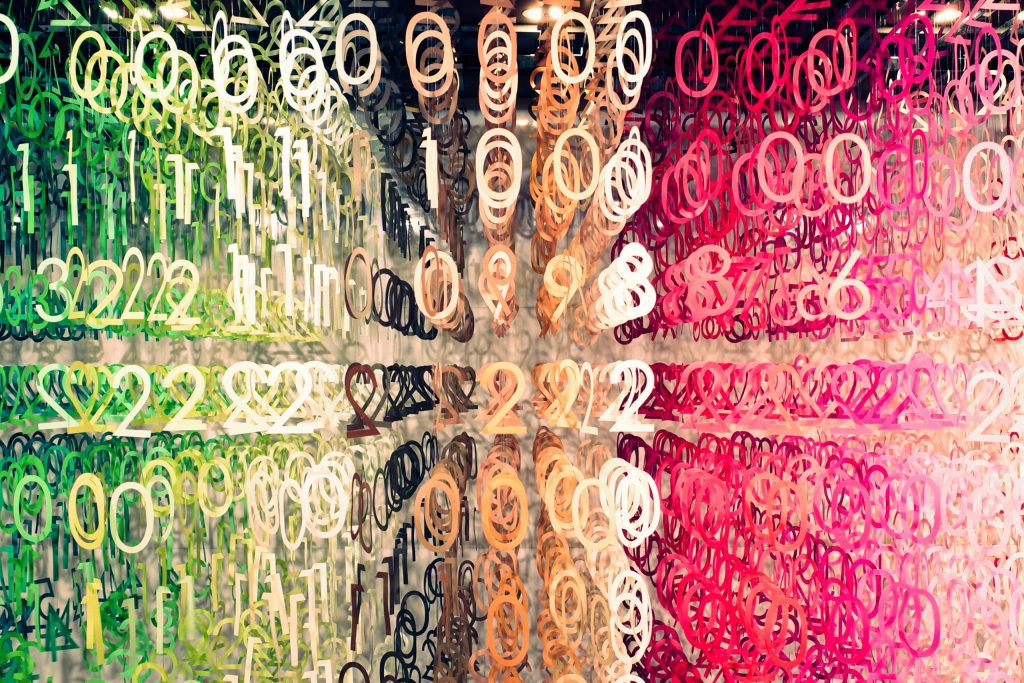Do you ever just feel lucky? Lucky numbers are often associated with specific events or rituals. But where do they come from? They are believed to have originated in China, where people would choose auspicious numbers for their businesses, homes, and bank accounts. In ancient times, the number eight was considered lucky because it sounded similar to the word “fortune.” The number four was also considered lucky because it is associated with prosperity and longevity. Keep reading to find out everything there is to know about lucky numbers.
What do the numbers mean?

Lucky numbers are numbers that people believe bring them good luck. They may choose these numbers based on their birthday, address, or other numbers with personal significance. In addition, some cultures have specific lucky numbers that are considered especially auspicious. The origins of lucky numbers are a bit mysterious, but they likely arose from various religious and cultural beliefs.
For example, one theory suggests that the number 7 was considered lucky because it is the sum of 3 and 4, both thought auspicious numbers. In Christianity, the number 7 is often associated with perfection or completeness. Other religions also consider specific numbers to be lucky.
Each day brings a new opportunity for luck. Knowing your lucky number of the day could make a difference in getting that big promotion or asking that special someone out to dinner. Numerology is just as important as your traditional horoscope, so knowing your lucky number of the day can be a good thing!
Which numbers are the luckiest?

Specific numbers are considered to be luckier than others. For example, the number seven is thought to be the luckiest of all, followed by four and eight. These numbers are often associated with good luck because they are divisible by two, three, and four. They also have special meanings in different cultures. For example, the number seven is often considered lucky because it is the sum of the first four positive integers (1 + 2 + 3 + 4 = 7).
In Jewish culture, the number seven represents perfection and completion. The number four is also considered a lucky number because it is twice two, which is seen as a strong and auspicious number. However, in China, the word for “four” sounds similar to the word for “death,” so people there avoid using this number whenever possible.
There is no one definitive answer to the question of where lucky numbers come from. Some believe that they are assigned randomly, while others believe that they are drawn from religious or cultural traditions. In some cases, people may choose a number that seems lucky to them.
What else is there to know about lucky numbers?
One popular explanation for the origins of lucky numbers is that they are assigned randomly. This theory suggests that there is no specific reason why certain numbers are considered lucky and that people associate good luck with certain digits because of chance or coincidence. There is some evidence supporting this idea; for example, research has shown that people tend to be more attracted to lottery tickets with odd numbers than even ones.
Finally, some people believe that any number can be a lucky number if you believe in it enough. This theory suggests that people assign their own personal meaning and significance to particular digits and then consider them lucky as a result. This could explain why different people might have different opinions on which numbers are lucky – it all comes down to what a person believes!
Overall, the origins of lucky numbers are thought to be rooted in mathematics and religious beliefs. Some people believe that specific numbers are lucky because they are associated with good fortune. Others believe that specific numbers bring good luck because they are associated with certain mathematical properties. Regardless of the reason, many people believe that using lucky numbers can bring them good luck.



















